Author: Marília Maciel
Addressing the Digital Divide in the Joint Statement Initiative on E-Commerce: from enabling issues to data and source code provisions
2020
Author: Marília Maciel
2020
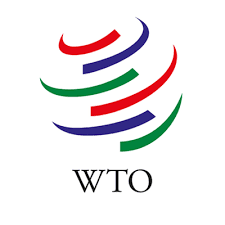
The text outlines the World Trade Organization's work program on electronic commerce, focusing on discussions and negotiations aimed at establishing rules and frameworks to govern digital trade in the global economy.
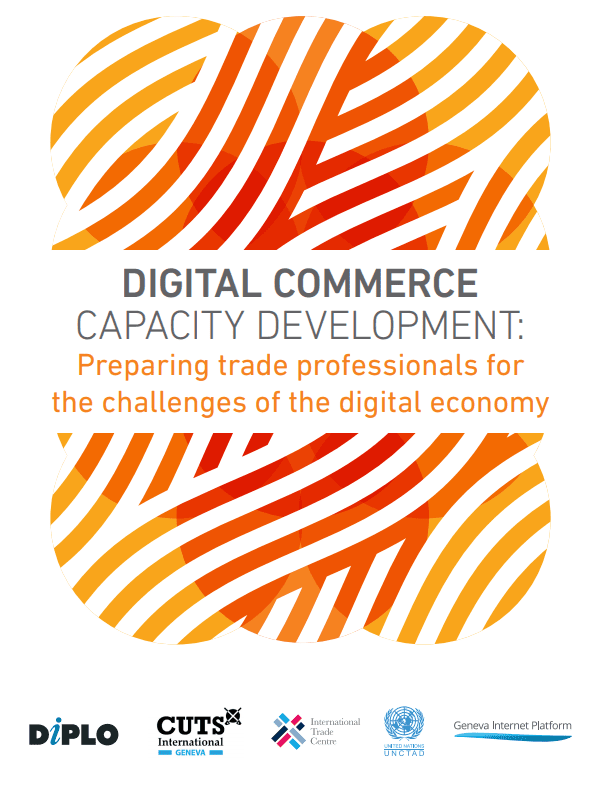
This publication presents the thematic approach, methodology, achievements and lessons learned from a capacity development initiative on e-commerce jointly offered in 2017/2018 by DiploFoundation, CUTS International Geneva, the International Trade Centre (ITC), the Geneva Internet Platform(GIP), and delivered with the United Nations Conference on Trade and Development (UNCTAD).
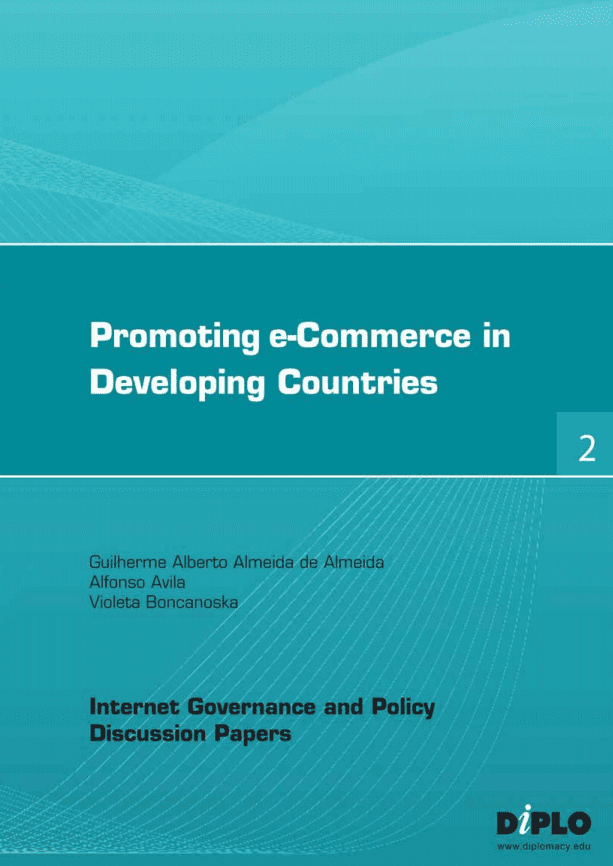
This study examines the advantages and possibilities for the use of digital signatures to carry out electronic transactions. It focuses on developing and transition countries that have not fully implemented the use of digital signatures in their economic, commercial and productive processes. An important aim of this research is to create awareness on the likely effects for enforcing the use of digital signatures to carry out e-commerce transactions on the economies of developing and transition countries. The study also proposes key issues to be considered for policy-makers in countries in orde...
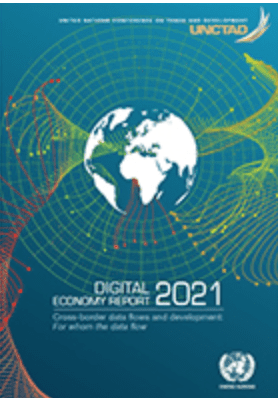
The Digital Economy report 2021 provides a review of studies dealing with cross-border data flows and analyses the inequalities in the data-driven digital economy. The Report looks at existing governance approaches at national, regional and multilateral levels, with a bearing on data flows. It calls for a balanced approach to global data governance that could help ensure that data can flow across borders as freely as necessary and possible, while achieving an equitable distribution of benefits, within and across countries; and addressing risks related to human rights and national security.
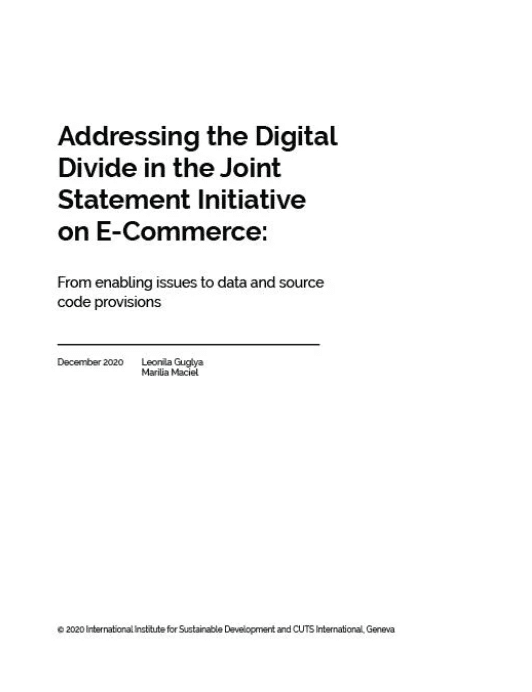
This paper examines the evolution of the ‘digital divide’, especially in the context of the WTO Joint Statement Initiative on Electronic Commerce. As an integral part of its analysis, the paper examines textual proposals raised under the current Joint Statement Initiative (JSI) negotiations, especially those submissions on data flows, data localization, and source code. This study has been produced under a project implemented by the International Institute for Sustainable Development (IISD), in consortium with CUTS International, Geneva; BKP Economic Advisors; and InterAnalysis. It was pub...
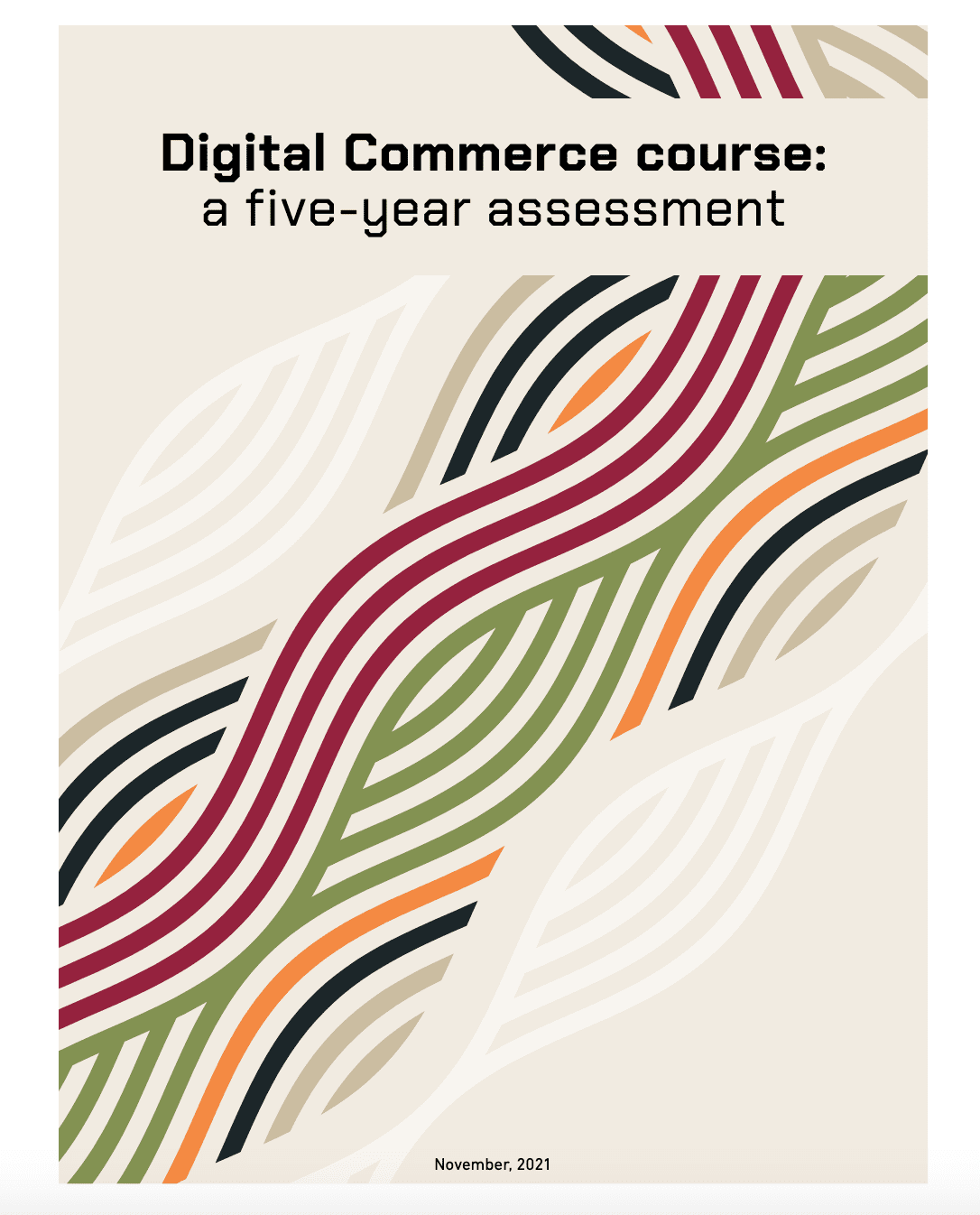
The publication evaluates the impact of the Digital Commerce Course, aimed at providing capacity building on e-commerce to trade professionals. Over the years, the course has helped trade negotiators navigate an ever more complex e-commerce agenda, which currently encompasses a vast range of issues, from trade facilitation to data protection and cross-border data flows. This course has been offered for five years (2017-2021) by means of a partnership between Diplo Foundation, CUTS International Geneva, the International Trade Centre and the Geneva Internet Platform. For more information about ...
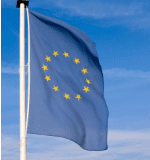
The Digital Markets Act (DMA) aims to ensure the proper functioning of the EU internal market by 'promoting effective competition in digital markets' and, in particular, a fair and contestable online platform environment.

This research paper focuses on the taxation of electronic commerce (or e-commerce) in Madagascar. The objectives of this project are to offer insight and help the fiscal administration for future governmental programmes focusing on the taxation of e-commerce in Madagascar.
Tailor your subscription to your interests, from updates on the dynamic world of digital diplomacy to the latest trends in AI.
Subscribe to more Diplo and Geneva Internet Platform newsletters!
Diplo is a non-profit foundation established by the governments of Malta and Switzerland. Diplo works to increase the role of small and developing states, and to improve global governance and international policy development.
